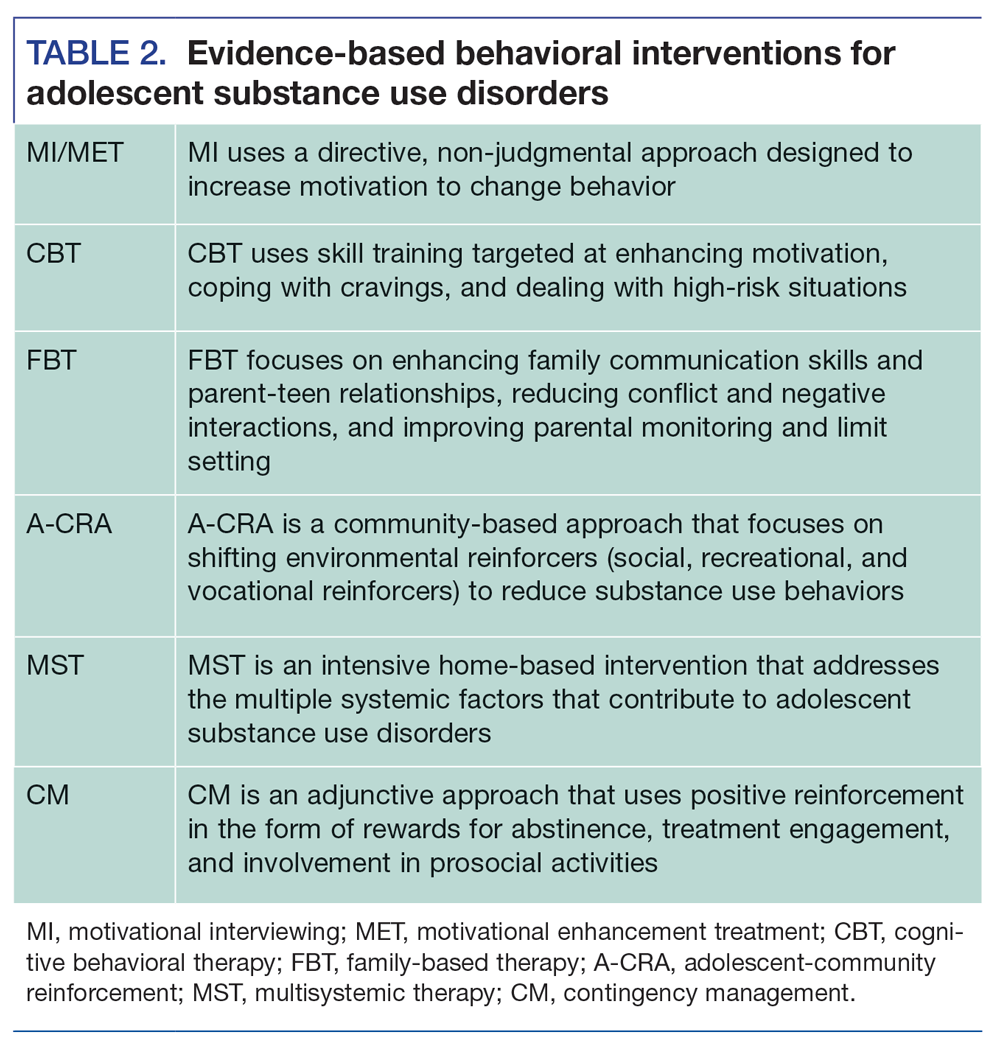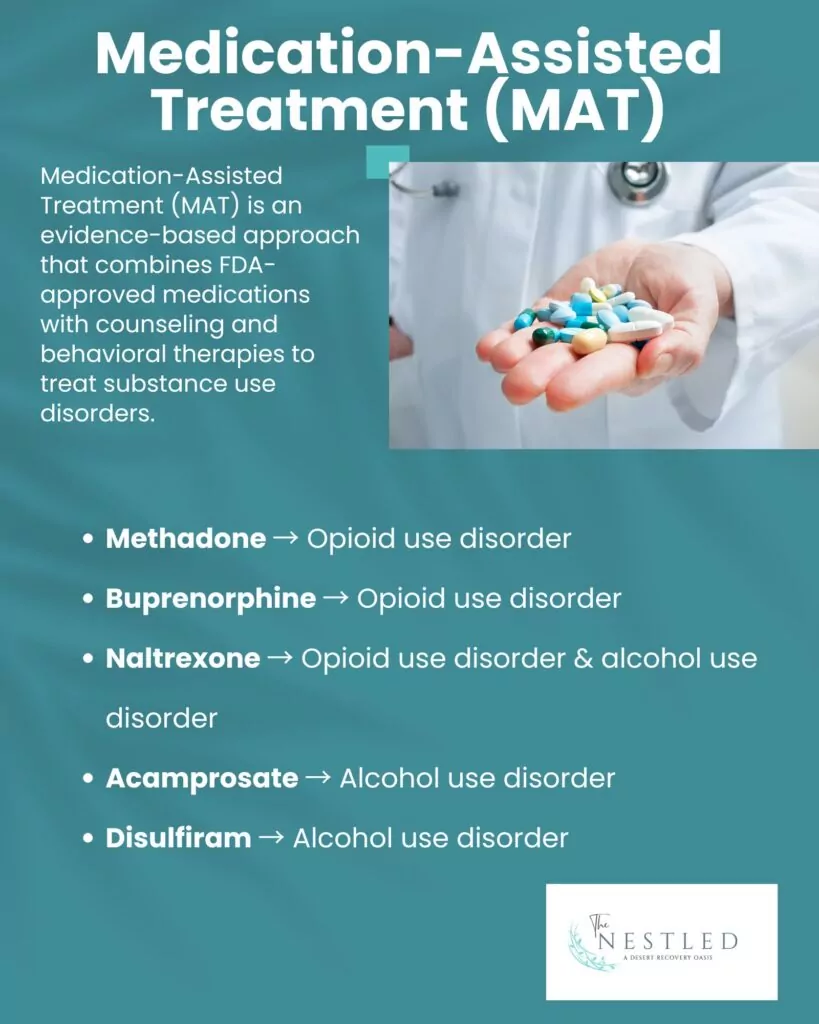Substance Abuse Rehabilitation: A Full Guide to Recovery
Substance Abuse is just one of the most important health and social obstacles dealt with by communities and people worldwide. It typically starts as a coping system for psychological distress, trauma, or stress, yet can rapidly advance into a dependence that impacts every location of life-- mental health and wellness, relationships, employment, and total well-being. The effects of addiction are considerable and severe, frequently causing physical illnesses, monetary problems, and social seclusion. This is why rehab programs exist: to aid individuals reconstruct their lives and recover control over their futures.
Recognizing Substance Abuse and the Need for Recovery
Recovery facilities are developed to treat the origin of addiction rather than simply the symptoms. A detailed rehab program includes detoxing, therapy, behavior modification, and education and learning on relapse prevention. Individuals find out to identify triggers and create much healthier ways to manage tension and emotions. In a lot of cases, rehab is not practically stopping medications or alcohol-- it's regarding finding a brand-new feeling of purpose and balance. These centers provide a supportive environment where healing is not just possible however sustainable.
The path to recovery needs nerve and commitment, but with the best treatment, even one of the most severe instances of dependency can be efficiently handled. Rehab programs provide a structured approach that combines clinical proficiency, psychological support, and peer motivation. Each program is customized to the person's requirements, guaranteeing a customized experience that promotes lasting soberness. Whether a person fights with alcohol, prescription medicine, or immoral medicines, going into a rehab program is frequently the first and most essential action toward long lasting recuperation.
Inpatient vs. Outpatient Rehabilitation: Which Option Is Right for You?
When deciding to look for treatment for Substance Abuse, among the most important selections includes selecting in between inpatient and outpatient rehabilitation programs. Both methods have their advantages, and the ideal option greatly depends upon the person's certain needs, addiction severity, and individual circumstances. Inpatient rehabilitation, also referred to as residential rehabilitation, requires individuals to live at the therapy facility permanent. This permits for day-and-night clinical supervision, structured routines, and a distraction-free environment suitable for intensive recuperation. On the other hand, outpatient rehab supplies greater adaptability, allowing people to attend treatment sessions throughout the day while still living at home and preserving expert or individual responsibilities.
Inpatient rehab is finest fit for people that require medical detoxing, experience lasting dependency, or have previously fallen back. The immersive atmosphere makes certain that clients are protected from outside lures and stress factors that might activate a regression. Daily treatment sessions, clinical surveillance, and group activities help clients remain concentrated on healing. On the other hand, outpatient rehab is usually perfect for those with moderate to moderate addiction or strong support group in your home. This type of program allows people to proceed participating in or functioning institution while getting regular treatment and assistance.
Eventually, the option between outpatient and inpatient rehabilitation depends upon several aspects such as addiction type, medical needs, and lifestyle. Some individuals also change from inpatient to outpatient treatment as they progress in their healing journey - substance abuse treatment Morris County. Both programs share the same ultimate objective-- assisting individuals keep and attain sobriety-- yet the level of framework and support varies. A thorough analysis by dependency experts can aid establish the most effective therapy plan, ensuring that each specific gets the care and focus they need to grow beyond addiction

The Expense of Substance Abuse Rehab and Economic Factors To Consider
Among one of the most typical worries for people and households seeking dependency therapy is the expense of rehab. While prices differ extensively relying on the center, program type, and size of keep, it is necessary to watch rehabilitation as an investment in one's health and future instead than simply a cost. The expense of neglected addiction-- consisting of lost productivity, lawful problems, medical complications, and harmed connections-- frequently far surpasses the cost of professional therapy. Luckily, many rehabilitation centers currently provide flexible settlement options, insurance policy coverage, and financial assistance to make therapy a lot more available.
Inpatient rehabilitation programs have a tendency to be extra costly than outpatient programs due to the fact that they consist of accommodation, dishes, and 24-hour medical supervision. Deluxe rehab facilities with premium facilities, private areas, and holistic treatments can cost significantly much more, while community-based or charitable rehabs commonly provide inexpensive or perhaps free treatment alternatives. Outpatient rehabilitation is generally less expensive given that it does not require overnight remains, but the overall cost can still vary depending upon the period and strength of the program. Some insurance plans cover partial or full expenses for rehabilitation, especially if the treatment is considered clinically essential.
Financial barriers should never avoid somebody from looking for assistance. Numerous therapy facilities recognize the economic pressure that dependency creates and agree to function with people to create manageable payment plans. Some provide moving scale fees based on income, while others obtain federal government financing to sustain those in demand. When reviewing prices, it's additionally essential to think about the long-lasting benefits: boosted health and wellness, restored partnerships, and a chance at a much more efficient and steady life. Healing is invaluable, and the cost of rehabilitation is commonly the key to opening a future totally free from the chains of addiction.
Features and Facilities of a High Quality Rehab Center
The environment in which recovery occurs plays an important function in the success of a recovery program. A quality rehabilitation center is greater than just a medical center-- it is a healing sanctuary made to support the body, mind, and spirit. The most effective facilities integrate evidence-based clinical therapies with comfy living setups and therapeutic atmospheres. Clients need to really feel safe, sustained, and encouraged as they navigate their recuperation journey. Modern rehabilitation facilities often feature personal or semi-private areas, peaceful outside spaces, healthy dishes, and leisure activities that advertise health and relaxation.
Beyond comfort, the vital functions of a credible rehab center consist of expert personnel, customized therapy plans, and a variety of therapeutic alternatives (substance abuse treatment Morris County). Multidisciplinary teams of doctors, specialists, counselors, and assistance team interact to design an individualized program for each and every patient. Evidence-based treatments like Cognitive Behavior modification (CBT), Dialectical Habits Treatment (DBT), and motivational interviewing are combined with all natural treatments such as yoga exercise, reflection, art treatment, and health review and fitness programs. This incorporated strategy addresses not simply the addiction itself, yet also the psychological and psychological elements contributing to it
In addition, the very best rehab centers highlight long-term and aftercare assistance. Recovery doesn't end when a patient leaves the facility; keeping soberness requires recurring advice and liability. Many facilities provide graduates programs, group treatment sessions, and neighborhood reintegration solutions to guarantee continued progression. Facilities that give a continuum of treatment-- from detoxification to outpatient assistance-- tend to generate one of the most successful end results. The overall objective is to create a setting review where individuals can heal totally, restore their self-confidence, and come back the world with self-confidence and stability.
Benefits important Abuse Rehab Programs
Enlisting in a drug abuse recovery program uses countless advantages that prolong much beyond getting rid of addiction itself. Among one of the most significant advantages is the organized environment that rehab gives. Individuals having problem with dependency commonly stay in chaos or uncertainty, however rehabilitation introduces stability and routine. Every element of day-to-day live-- from therapy sessions to dishes and remainder-- is prepared with purpose, assisting individuals create self-discipline and consistency. This structure comes to be a structure for constructing a sober way of life and lessening the threat of regression after treatment.
Another major advantage of rehab is the expert assistance readily available all the time. Addiction is not simply a physical dependency; it's also a emotional and mental battle. Within a rehab facility, individuals have accessibility to physician who can securely handle withdrawal signs and symptoms, along with specialists that concentrate on dealing with the psychological facets of recuperation. This degree of treatment Learn More makes certain that people are never ever alone in their battles. Team therapy sessions likewise offer a sense of community, allowing individuals to get in touch with others who understand their obstacles and can share their experiences.
Finally, Substance Abuse rehabilitation gears up clients with long-lasting tools for preserving sobriety. Via education, treatment, and relapse prevention preparation, people discover to determine triggers, manage stress and anxiety, and make much healthier life choices. Rehabilitation helps them reconstruct damaged relationships and discover enthusiasms and objectives that were shed during dependency. It's a transformative process that restores self-confidence, emotional equilibrium, and hope. The ultimate benefit of rehab is that it does not just conserve lives-- it rebuilds them, aiding individuals discover their worth and create a brighter, addiction-free future.
The Path Forward: Building a Life Beyond Dependency
Recovery does not end when the rehabilitation program does-- it's an ongoing process that calls for assistance, dedication, and self-awareness. After completing therapy, individuals need to learn to reintegrate right into their every day lives while keeping the lessons they've acquired in rehabilitation. This consists of establishing healthy and balanced coping strategies, preventing atmospheres related to Substance usage, and bordering themselves with positive influences. Many individuals proceed with outpatient treatment or sign up with support groups like Narcotics Anonymous (NA) or Twelve Step Programs (AA) to remain accountable and connected to the recovery neighborhood.
A solid aftercare strategy is important for long-term success. Rehab centers that provide follow-up therapy, peer support, and regression prevention programs provide individuals the most effective opportunity of preserving soberness. Constructing a new lifestyle might involve seeking education and learning, offering, or checking out new pastimes that reinforce positive behavior (Inpatient rehab). Family members additionally play an essential duty in the recovery procedure; when liked ones take part in family treatment and recuperation education and learning, they end up being an active part of the support group, lowering the danger of relapse

Inpatient rehab, also recognized as household rehabilitation, needs individuals to live at the treatment facility permanent. Inpatient rehab programs tend to be more costly than outpatient programs due to the fact that they consist of holiday accommodation, meals, and 24-hour clinical guidance. High-end rehab facilities with premium facilities, private rooms, and holistic treatments can set you back dramatically a lot more, while community-based or non-profit rehabilitations typically give affordable or also complimentary treatment alternatives. Healing doesn't end when the rehabilitation program does-- it's a continuous process that calls for self-awareness, dedication, and assistance. Rehab facilities that supply follow-up therapy, peer support, and relapse prevention programs give people the best possibility of maintaining soberness.